Shivansh Pareek
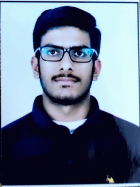




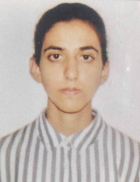
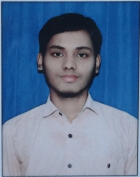
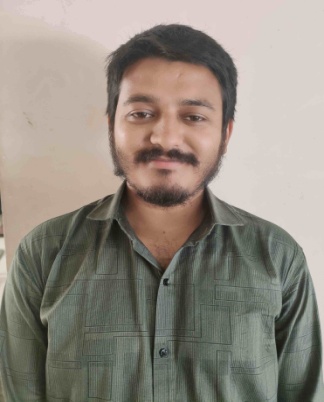
He did his masters in Zoology from Kumaun University, Nainital. He did his diploma in Science journalism in 2021. His research area includes Human-wildlife conflict in the Kumaun region of Uttarakhand.
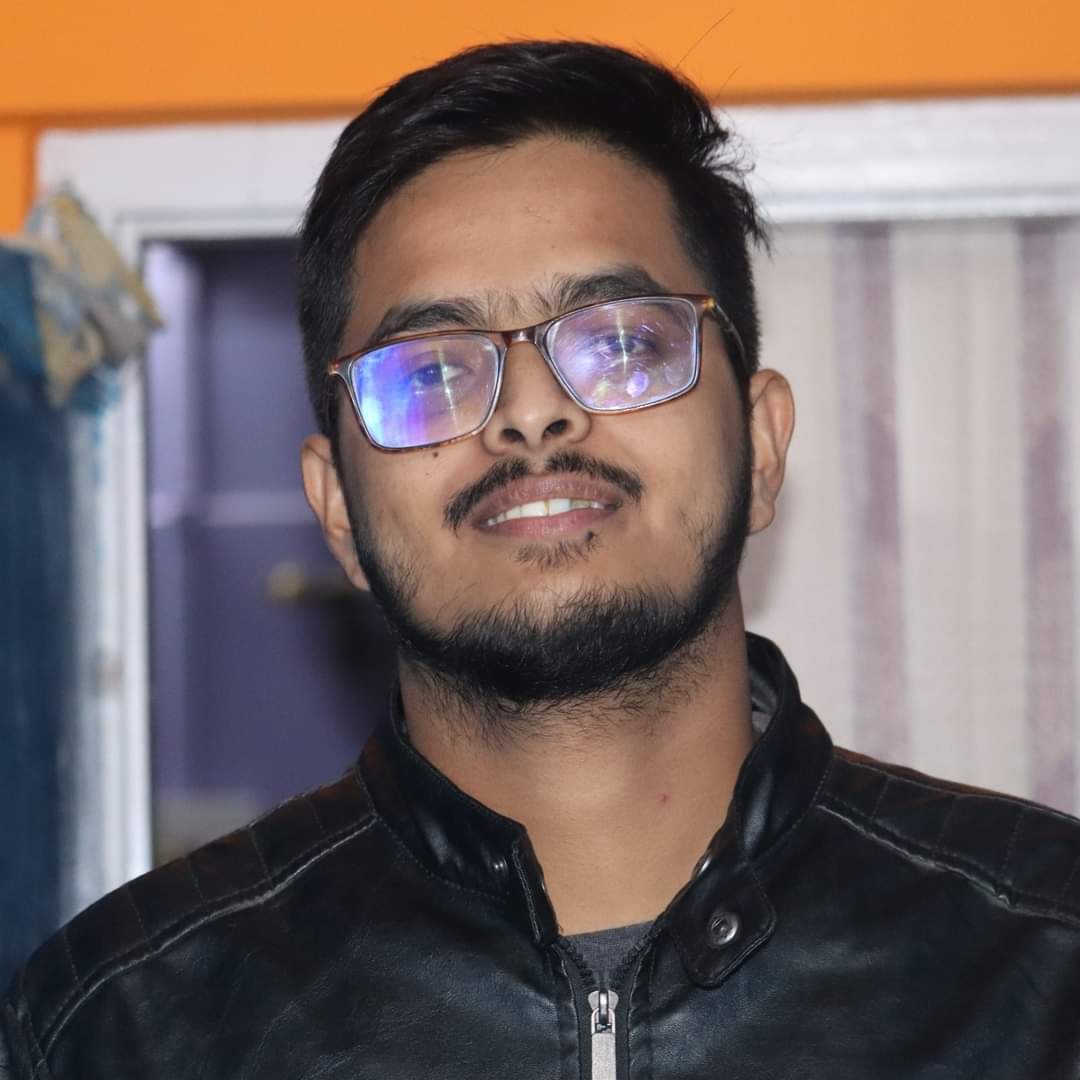
Himangshu is a Doctoral Student of the 2023 batch, enrolled in the school of Natural Sciences and Engineering. He completed his B.Sc. in Zoology (Honours) in 2016, followed by M.Sc. in Environmental and Wildlife Sciences in 2018 from Cotton University, Guwahati, India. He also holds a Post Graduate Diploma in Gender Studies.
Himangshu is an aspiring researcher with interdisciplinary interests in conservation biology, human-wildlife interaction, social ecology, and the gendered dimension of ecology. Prior to joining NIAS, he briefly worked as a Project Assistant in a project titled ‘An Exploratory Assessment to identify the Ecosystem Services and alternative livelihood options and to design Advocacy and Campaigning Programme for the Conservation of Deepor Beel- an Urban Ramsar Site, Guwahati, Assam’ under Principal Investigator Dr. Narayan Sharma in the department of Environmental Biology and Wildlife Biology, Cotton University.
He also cleared GATE-2021 in Ecology and Evolution with AIR 79 and UGC NET JRF in Environmental Science in merged sessions of December 2021 & June 2022.
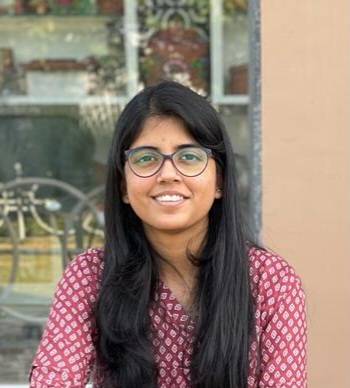
Pornima Rajkarne is a doctoral student at the School of Humanities at NIAS. She is working with Dr. Navaratna on the Varakari Sampradaya of Maharashtra. Her research broadly deals with the spiritual practices, especially kirtan, and the worldview of the Varakaris. Her study lies at the intersection of neurotheology and symbolic anthropology.
Pornima pursued biotechnology and shifted to the social sciences because of her interest in cultural studies. She holds a master’s degree in anthropology from the University of Hyderabad and has been awarded the UGC-JRF in the same discipline. She has also worked as a content creator in science communication.
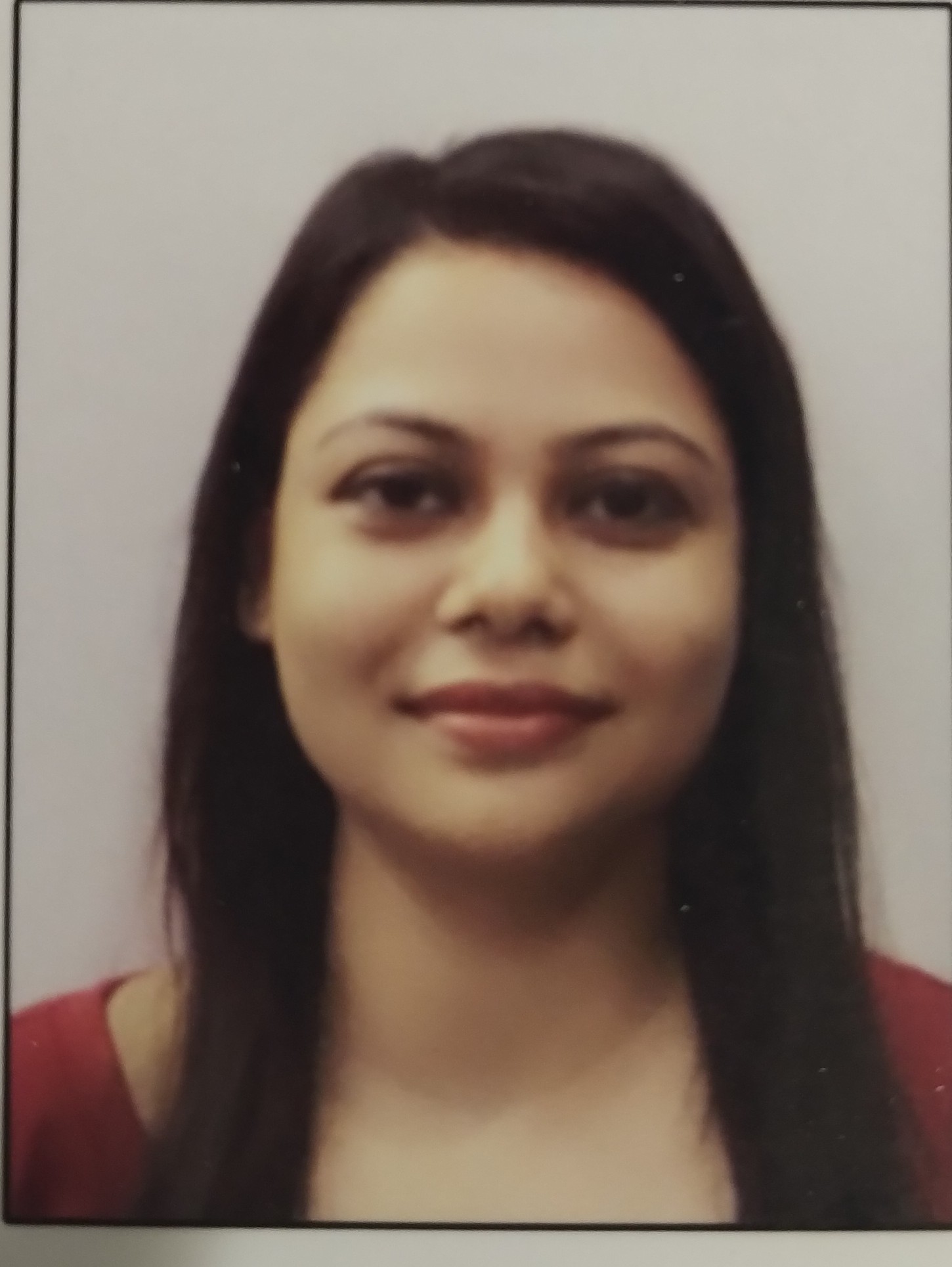

Jenish is a PhD scholar, with an interest in understanding and addressing social conflicts and resource-related tensions. His research interests focus on conflicts, particularly in the context of caste, and resource conflicts and their implications for development. He is inclined towards understanding development induced vulnerabilities and how ideas of development must be complemented with ethics and sustainability. He has worked as a Project Associate on a Social Impact Assessment project during 2022-2023. He also takes an interest in history, exploring the annals of the past and complementing them with present dynamics to understand the origins of conflicts. Alongside academic pursuits, he also has a keen interest in studying Indian languages.